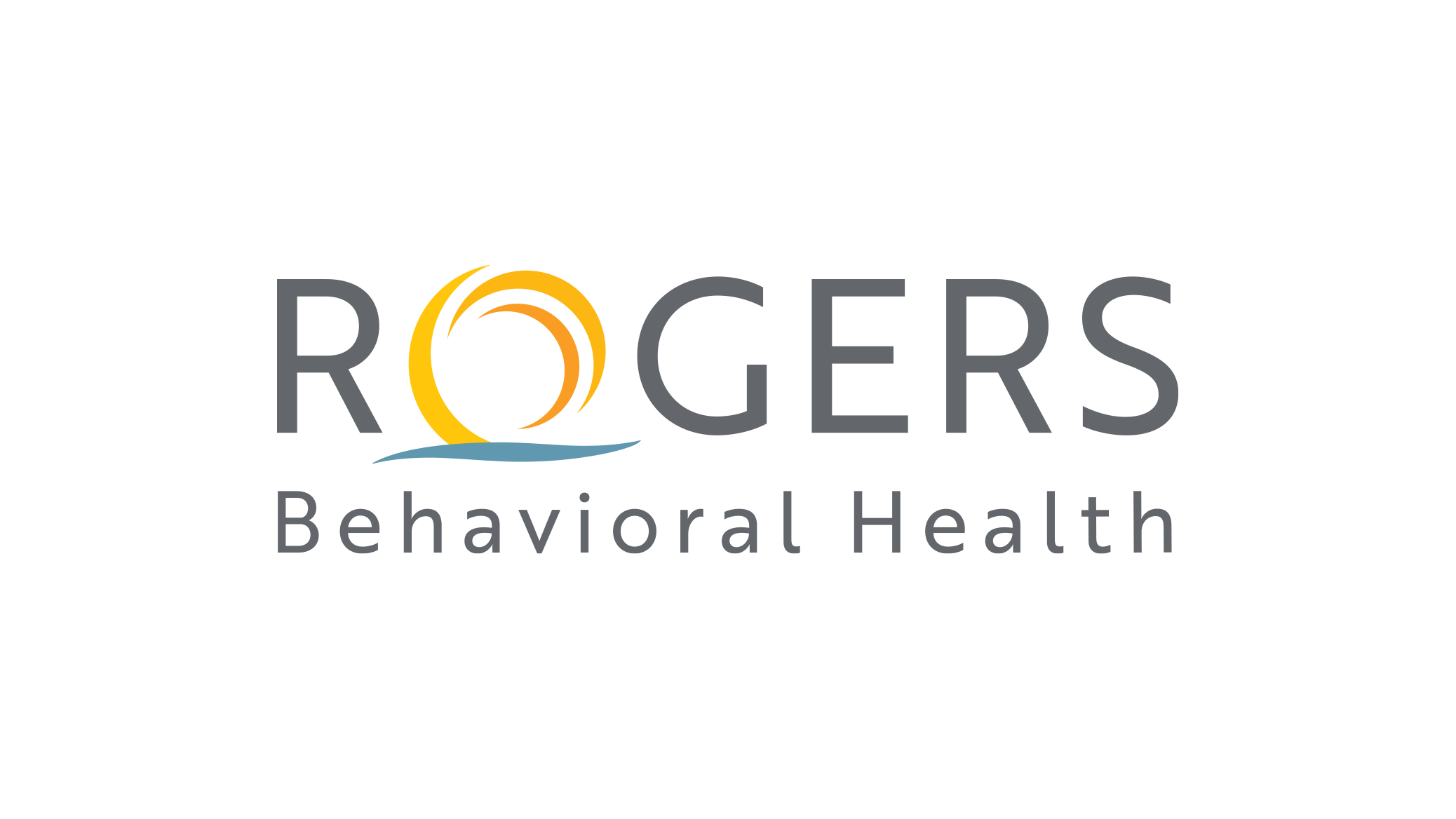
Reflections from Dr. Robyn Welk-Richards
As Manager of the Eating Disorder Center at Rogers Memorial Hospital, attending conferences helps reinforce the reasons why I chose this career path. Just like any career, it is an ever changing community and interacting with other program managers and directors helps all of us understand what is happening globally in the treatment of eating disorders. They are great learning experiences, that I hope aid me in better serving both the patients I care for and Rogers Memorial Hospital.



